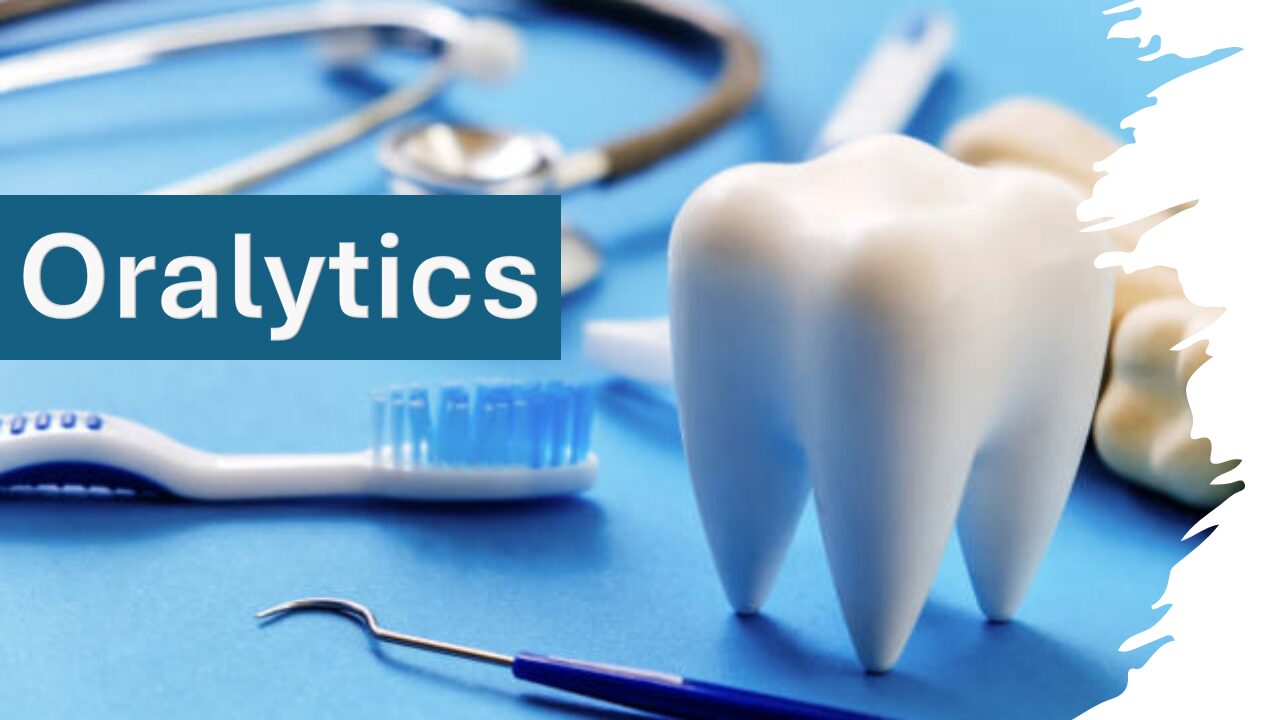
Oralytics mHealth Intervention System has Evolved to Compliment Clinicians While Considering Clinical Trial Requirements
Dental disease is a chronic condition with substantial systemic health risks and financial burdens. See how the Oralytics mHealth intervention system has evolved to compliment clinicians while considering clinical trial requirements: https://lnkd.in/gMvYH7rZ
Dental disease remains one of the most prevalent chronic conditions worldwide, imposing both a heavy financial burden and significant personal suffering. Beyond oral health, poor dental care is linked to elevated risks of systemic diseases, underscoring the critical importance of preventive care. Yet despite long-standing recommendations for twice-daily brushing, adherence to oral self-care behaviors is often inconsistent, hindered by factors such as forgetfulness, lack of engagement, and limited access to resources.
To address these challenges, the mDOT Center developed Oralytics, a mobile health (mHealth) intervention system designed to support and extend clinician-delivered preventative care. Oralytics specifically focuses on marginalized individuals at higher risk for dental disease. At the core of the system is an online reinforcement learning (RL) algorithm that identifies optimal times to deliver intervention prompts, helping participants build and sustain oral self-care habits in their daily lives.
Oralytics has been successfully deployed in a registered U.S. clinical trial, marking a significant step forward for adaptive mHealth interventions. The deployment required careful consideration of unique challenges posed by the clinical trials setting, from algorithm design constraints to participant data monitoring. To rigorously evaluate the system, the research team conducted a re-sampling analysis, which highlighted the effectiveness of the RL algorithm’s design decisions in balancing personalization with trial feasibility.
Looking ahead, a second phase—a randomized controlled trial (RCT)—is planned to begin in spring 2025. This trial will further assess the efficacy of Oralytics in promoting adherence to oral self-care behaviors and has the potential to transform preventive dental health strategies, especially for underserved populations disproportionately impacted by oral disease.
Study citation
Trella, A. L., Zhang, K. W., Jajal, H., Nahum-Shani, I., Shetty, V., Doshi-Velez, F., & Murphy, S. A. (2025). A Deployed Online Reinforcement Learning Algorithm in an Oral Health Clinical Trial. Proceedings of the AAAI Conference on Artificial Intelligence, 39(28), 28792-28800. https://doi.org/10.1609/aaai.v39i28.35143








